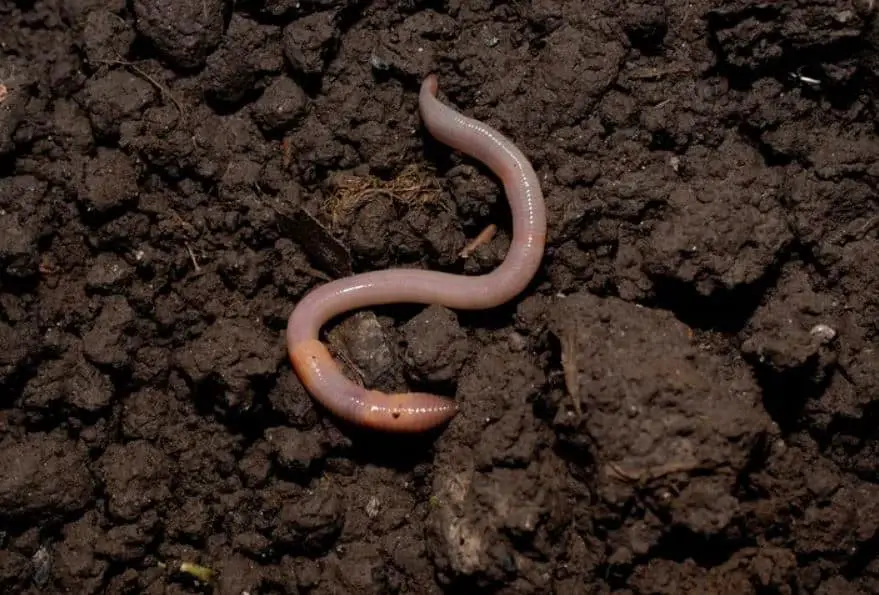Worms are crucial for the creation of healthy soil and the recycling of organic waste. They are a component of an organismal community that transforms garbage into nutrient-rich soil. One of the advantages of garden worms for plant development is these nutrients. Worms in gardens also carry out cultivation tasks that improve soil porosity and let roots breathe. To enjoy the life-giving properties of worm castings, encourage earthworms in the soil or even attempt worm composting.

Earthworm Advantages
Worms emit castings after eating organic stuff and tunneling through the soil. In soils that are approximately 70 degrees Fahrenheit (21 C), worms are abundant. Extremes—cold, hot, or moist—are bad for worm activity. In gardens, worm activity is highest when the soil is wet and relatively warm.
Their digging habits emphasize how quickly water seeps into the ground. Additionally, they remove soil to allow oxygen and aerobic microorganisms to reach plant roots. Additionally, looser soils enable plant roots to reach farther and have access to more materials, which helps plants grow larger and healthier. The capacity of garden worms to convert trash into fertilizer is one of their greatest advantages.
Worms in Gardens and Lawn Areas
The term “castings” refers to the worms’ produced fertilizer. This is technically worm excrement that they produce from digesting organic material. Although the castings are great fertilizer sources for plants, they may annoy yards.
Worm composting in this sense. Earthworms in grass produce unsightly casting hills or mounds that might be a tripping hazard. However, this slight annoyance is significantly outweighed by the advantages of garden worms. Think about the 50 tons of useful castings that 5,000 worms in an acre of soil may create.
Encouraging Earthworms in Soil
To avoid damaging permanent earthworm tunnels, avoid deep tilling. By offering layers of organic snacks for your worms to devour, you can “feed” them. These might include leaf litter, grass clippings, or other naturally biodegradable materials.
Avoid using pesticides, which may wipe off whole worm populations in gardens. You may even move a few shovels’ worth of worm-filled dirt to an area where there are few of the creatures. They’ll soon have people living there. Worm eggs are also offered online and at certain nurseries. Additionally, vermicomposting will entice these helpful critters to the garden.
Worm Composting
You may recycle your kitchen leftovers using these skills. The preferred organisms for worm composting, sometimes called vermicomposting, carried out in a bin, are red wigglers and redworms. Earthworms are not a suitable option because they are diggers and will attempt to escape. Your kitchen wastes will soon become compost thanks to placid red wigglers, which can also produce compost tea for plants that need particular care.
Newspaper or shredded organic material may line a container before adding high-quality compost. Kitchen waste that has been coarsely chopped, worms, and a little dirt dusted on top. Maintain a gentle mist over the compost and cover it with a lid with worm-friendly air holes. Scrape the completed product to one side and add more as they decompose the waste. This compact setup offers Similar earthworm advantages but on a smaller scale.


